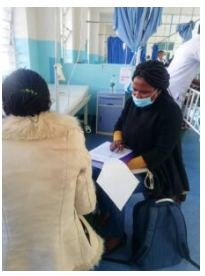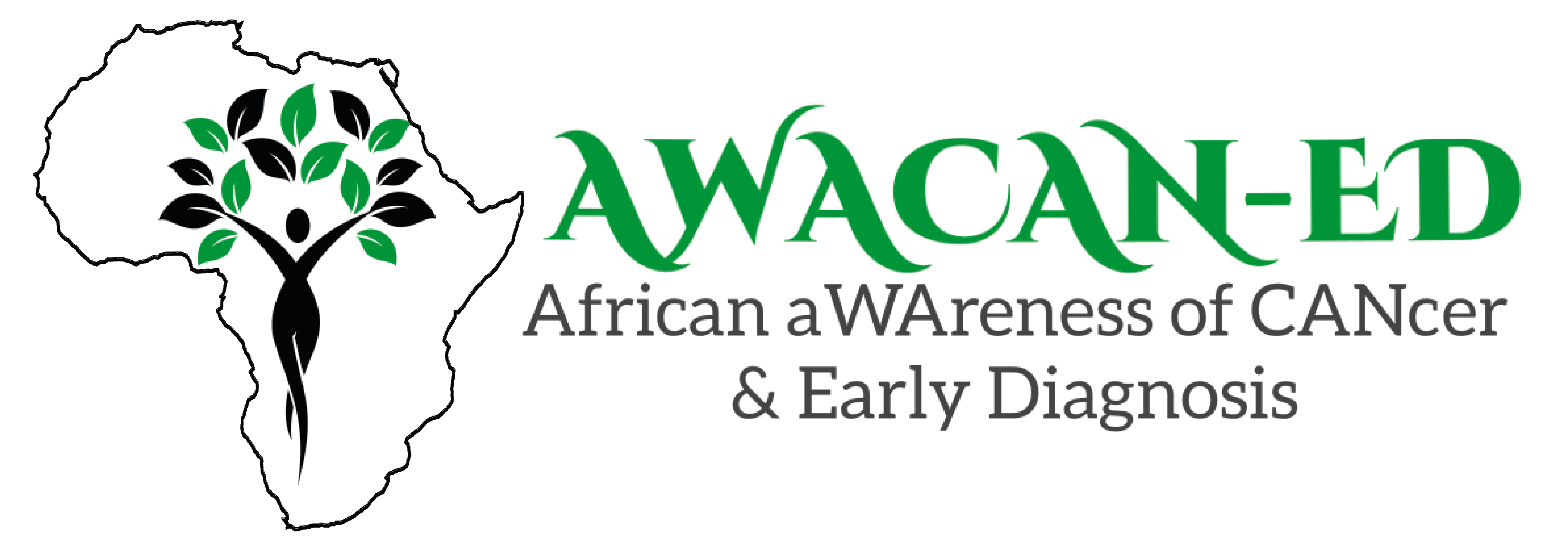Reflecting on barriers to cancer treatment and medical care for patients in Zimbabwe
One of our AWACAN-ED field site coordinators discusses barriers to cancer treatment and medical care as reported by patients included in the AWACAN-ED cross-sectional survey in Zimbabwe.
 Cancer is a leading cause of death worldwide – the increasing burden has been attributed to factors such as population growth, ageing societies and lifestyle choices which increase risk of cancer. For developing countries, such as Zimbabwe, a key challenge associated with the cancer disease burden is late diagnosis, which is associated with poorer outcomes. About 80% of cancers in Africa are diagnosed when they have become incurable because of late presentation at health facilities (Okunade et al,. 2019). This blog reflects on some challenges that patients encounter in navigating the cancer pathway in Zimbabwe. The reflections are based on field work conducted for the AWACAN-ED project.
Cancer is a leading cause of death worldwide – the increasing burden has been attributed to factors such as population growth, ageing societies and lifestyle choices which increase risk of cancer. For developing countries, such as Zimbabwe, a key challenge associated with the cancer disease burden is late diagnosis, which is associated with poorer outcomes. About 80% of cancers in Africa are diagnosed when they have become incurable because of late presentation at health facilities (Okunade et al,. 2019). This blog reflects on some challenges that patients encounter in navigating the cancer pathway in Zimbabwe. The reflections are based on field work conducted for the AWACAN-ED project.
Identifying the challenges
Our current research focus in on the patient pathway, we are interested in the patient’s journey from noticing bodily changes, developing symptoms and seeking medical attention for breast, cervical and colorectal cancers. Our work in the field has been focused on understanding the different routes that patients take, and the accompanying socio-cultural factors that influence their journeys. We have in part sought to understand this through the use of a cross-sectional survey.
We have found that in Zimbabwe, there are high numbers of patients who present late and patients who do not return to the hospital after their diagnoses of either cervical, breast or colorectal cancer. We have also noted that the time frame between a patient first noticing symptoms and presenting at a health facility is often very long. Some present when it is too late and very little can be done in the way of curative measures, whereas had they presented earlier, the outcome for some of these patients could have been different.
As part of the research team, I have been struck by the role of spiritual beliefs and economic challenges in pathway navigation.
I firstly reflect on the role of spirituality. Some patients believe that cancer is a disease caused by witchcraft and is inflicted on them by another party, unlike other diseases. Armed with such beliefs, there are patients who would rather pursue spiritual help than medical/scientific help in the journey of seeking relief from cancer. During fieldwork, I have come across patients who reflected on journeys that have included periods of perceived recovery, where they thought the cancer had gone away only to later find that the cancer had progressed, instigating their move to look for medical help.
Secondly, lack of finances also directly contributes to the plight of cancer patients. In some cases, the journey begins with a patient noticing symptoms and going to the health facility to have those investigated. They are then advised to have further tests and that is where the journey becomes complicated and expensive, and because of finances, they fail to return for the tests despite wanting to engage with treatment.
It is in these cases that working as a field researcher weighs most heavily. It reflects the need to continue to strive towards universal health coverage and to couple those efforts with raising awareness of symptoms and knowledge about cancer, the availability of curative treatment and the need for early presentation. This is in line with Tetteh & Faulkner, (2016) who in their work advocate for increasing awareness campaigns. It is our hope that our work within the AWACAN-ED study will provide further understanding on the challenges and contribute to advancing early cancer diagnoses.
Additional Reading
- Tetteh, D.A., Faulkner, S.L., 2016. Sociocultural Factors and Breast Cancer in Sub-Saharan AfricaImplications for Diagnosis and Management. Womens Health (Lond Engl) 12, 147–156. https://doi.org/10.2217/whe.15.76
- Okunade, K., Bashan Nkhoma, K., Salako, O., Akeju, D., Ebenso, B., Namisango, E., Soyannwo, O., Namukwaya, E., Dandadzi, A., Nabirye, E., Mupaza, L., Luyirika, E., Ddungu, H., Chirenje, Z.M., Bennett, M.I., Harding, R., Allsop, M.J., 2019. Understanding data and information needs for palliative cancer care to inform digital health intervention development in Nigeria, Uganda and Zimbabwe: protocol for a multicountry qualitative study. BMJ Open 9, e032166. https://doi.org/10.1136/bmjopen-2019-032166

Mel works as a public health researcher in Zimbabwe. She holds a Master Public Policy and Development Management. As a social scientist, her interests are in social and behavioural science within public health research.

